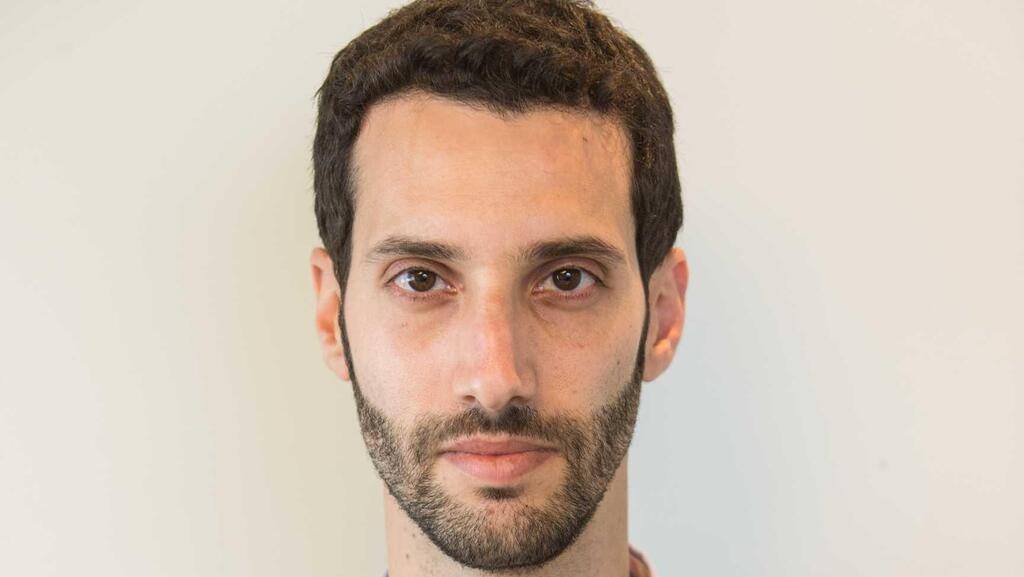
“2024 will be do-or-die for startups,” says high-tech lawyer
The ongoing war and additional economic challenges have made the next 12 months pivotal for the survival of companies in Startup Nation, says Barnea Jaffa Lande’s Itay Gura.
As this year ends, the following few months are set to see many challenges for Israel and its high-tech community. The country faces several variables such as the war with Hamas and a struggling economy, meaning that entrepreneurs, investors, and politicians need to keep a keen eye on movements and how the startup ship can sail safely to calmer waters.
“The economy will suffer, we don't really know how much it will suffer,” said Itay Gura, who leads the startups and emerging companies sector at Israeli law firm Barnea Jaffa Lande. “There are so many variables that are still outstanding and we don't know what the real impact will be. I think we need to be optimistic.”
Israel’s war with Hamas is costing the country an estimated $50 billion, about 10% of its entire GDP. This means that the debt-to-GDP ratio in 2023 and 2024 is expected to be approximately 63% and 66%. On top of that, roughly 20% of the country’s Startup Nation workforce will be still in reserves at the start of next year, which might spook foreign investors who are unfamiliar with dealing with Israeli talent during wartime. Since Startup Nation accounts for 18% of the country’s GDP and employs 12% of its workforce, the sector must recalibrate and prepare for the next year ahead.
“A lot of startups weren't able to raise the funds they needed, which means they have a really short runway as they enter 2024,” Gura continued. “In addition, we have all the startups that were aiming to raise capital in 2024, which means we have a lot of startups familiar with the fact that 2024 will be do-or-die for them.”
This isn’t to say funding has completely stopped. CTech has reported on some successful funding rounds since the war broke out, ranging from Seed rounds for Sensorz securing almost $5 million, to as high as VAST Data’s $188 million Series E both seen this month so far. However, some companies may not be able to raise funds in the months ahead and survive with their current runway, forcing either complete closure or acquisition options. “Some of the companies will need to exercise their exit route… unfortunately it will happen a lot.”
For those currently serving in the IDF, Gura sees optimism for startups that will be founded in the early days of 2024 due to demand or necessity. The number of new startups in Israel has been steadily declining in recent years (162 in 2022, versus 558 in 2021 and 831 in 2020), but wartime will force developers, engineers, and entrepreneurs, to come back from reserves with new ideas who have “seen new tech, and many failures and exposures that will provide them the idea for the next startup.” Among them chiefly will be cyber-related companies that adopt emerging technologies like Generative AI.
Despite all the challenges faced in Israel, Gura has urged foreign investors and VCs to remain dedicated to Startup Nation. He confirmed that those with a history of investment in Israel remained “calm” as the war broke out and saw no major withdrawal of transactions, yet first-timers were admittedly “panicked” by the situation since they were unfamiliar with dealing with Israel in wartime.
As companies head into the new year in an era of war and poor economics, Gura remains optimistic that following a difficult Q1 in 2024, the market will equal out and see a post-war boom. “At the end of the day there is a big upside economically to invest in Israeli startups,” he concluded. “We see it for many years now… all VCs and foreign funds that were raised by the Israeli startups was because we have great entrepreneurs, great ideas, very dedicated and creative minds here in Israel - and this will keep going.”